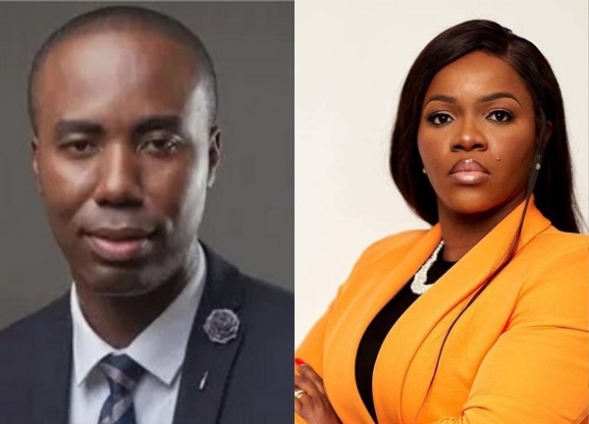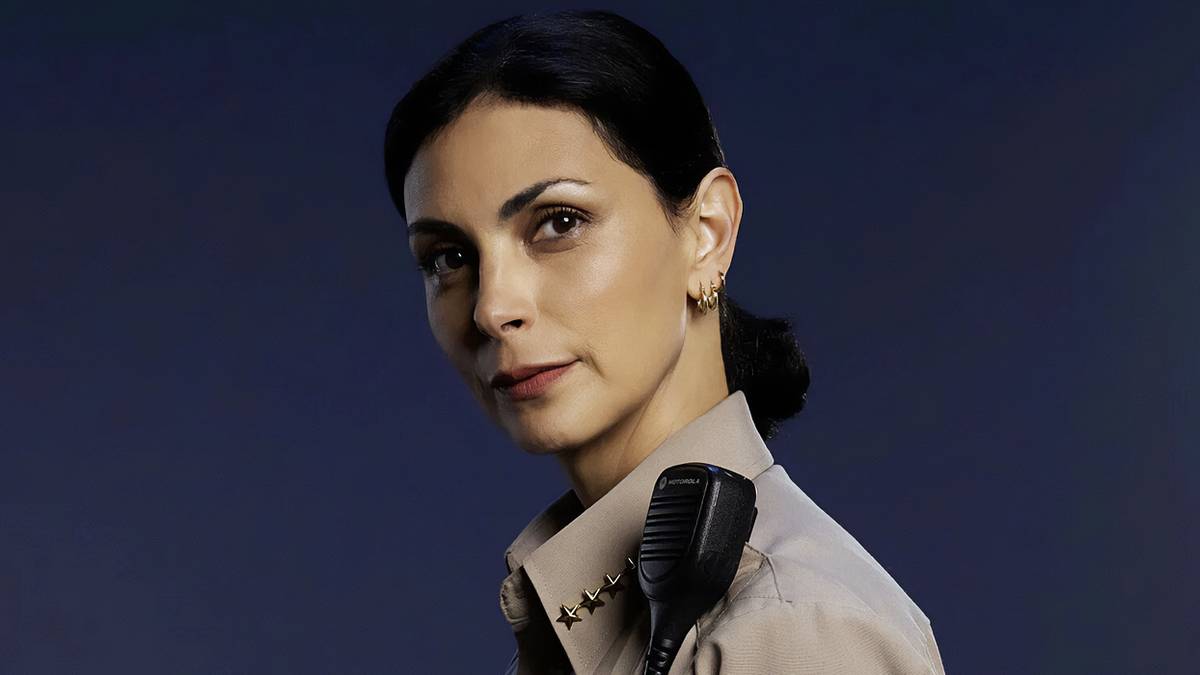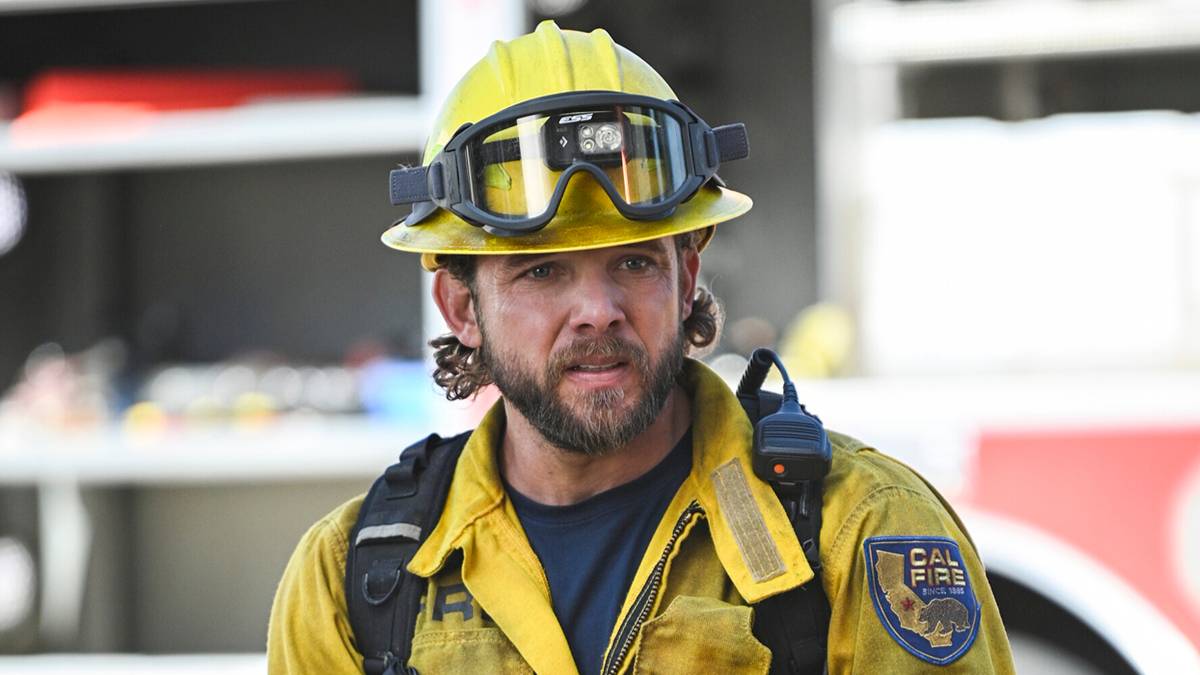Explosive Adu Boahen Trial: Lawyers Clash Over Withheld Evidence in GHS49M Case

The high-stakes legal battle surrounding the GHS49 million theft and misappropriation case against former National Signals Bureau Director-General Kwabena Adu Boahen has intensified, drawing national attention due to the scale of the alleged financial impropriety and the accused’s high-profile status. Adu Boahen, his wife Angela Adjei-Boateng, and their company, Advantage Solutions Limited, are accused of orchestrating a scheme that led to the loss of approximately GHS49 million (equivalent to about $3.8-$4 million USD) in state funds between 2019 and 2021. This case highlights a persistent concern in Ghana, where financial crimes have reportedly cost the public sector over GHS330 million in the past five years, according to the Economic and Organised Crime Office (EOCO).
In a significant and controversial turn, the prosecution, led by Attorney General Dr. Dominic Ayine, secured a High Court order on Friday, October 17, 2025, to withdraw all charges against Mildred Donkor, who was previously the third accused. Donkor, an accountant initially implicated in money laundering activities alongside the Boahens, is now expected to serve as a pivotal prosecution witness, having reportedly cooperated with investigators. The withdrawal was formally filed by the Attorney General’s office on October 16, 2025, and executed under Section 59 of the Criminal and Other Offences (Procedure) Act, 1960 (Act 30), with the Attorney General’s office citing strategic reasons for the move. Justice Afia Serwah Asare-Botwe, presiding over the High Court, accepted the withdrawal and discharged Ms. Donkor.
However, this development has sparked a legal firestorm, with lead defence counsel Samuel Atta Akyea mounting a forceful critique of the prosecution’s tactics and insisting on his client’s innocence. Atta Akyea fiercely opposed the withdrawal, arguing that such a significant shift in the prosecution’s approach demanded a formal motion and greater transparency. Despite the defence’s objections, Justice John Nyadu Nyante, also presiding in the High Court, dismissed the objection, ruling that the Attorney General had acted within constitutional and statutory boundaries, thereby paving the way for Donkor’s testimony.
Undeterred, Samuel Atta Akyea has doubled down on his criticism, particularly regarding the alleged withholding of evidence that he asserts could exonerate his client. “What they are trying to hide is what will set us free,” Atta Akyea declared, expressing mounting frustration over what he perceives as a lack of transparency. He argued that under Ghana’s 1992 Constitution and the Criminal Offences (Procedure) Act, the prosecution is required to provide the defence with full disclosure to ensure a fair trial, a right he claims is being breached.
Atta Akyea was especially critical of the Attorney General’s reversal, noting Ms. Donkor had been explicitly implicated in the original charge sheet, which was personally signed by the AG. He queried, “So what has changed for the AG to have a huge somersault that the one that I have accused to be involved in money laundering should come and testify against the people she was charged with?” He suggested the move implied “indecent haste” by the prosecution, raising suspicions that the state is eager to bolster a complex, high-stakes case by securing insider testimony at the expense of prosecutorial integrity. Furthermore, Atta Akyea took issue with the court’s decision to proceed with the substantive trial despite a pending appeal over the prosecution’s alleged failure to disclose key evidence, describing it as “an aberration of justice” that deprives his client of crucial information for a robust defence.
Unfazed by the setback, Atta Akyea signaled the defence will pursue all available avenues, potentially including appeals or applications to higher courts, to compel the release of the purportedly withheld evidence. He reiterated his confidence in Adu Boahen’s eventual exoneration, asserting that full disclosure would reveal the truth and vindicate his client.
Legal analysts observe that while prosecutors often drop charges against an accused in exchange for cooperation as a witness, such decisions necessitate detailed justifications and must be balanced with the fair trial rights of other accused persons. This case continues to draw significant public and media scrutiny, underscored by Ghana’s ranking at 70th out of 180 countries in Transparency International’s 2024 Corruption Perceptions Index, reflecting ongoing concerns about due process and prosecutorial accountability. The legal showdown between the defence and the Attorney General’s office firmly places prosecutorial strategy and the broader integrity of high-profile cases under the spotlight, emphasizing the critical importance of fair trial rights and transparency in Ghana’s fight against financial crime.
You may also like...
Embiid's Back! 76ers Star Returns After Nearly 8-Month Absence

Joel Embiid made a triumphant return to the court for the Philadelphia 76ers after an eight-month absence due to knee su...
Vegas Takes Over! Aces Crowned WNBA Champs, Parade Lights Up The Strip

The Las Vegas Aces celebrated their third WNBA championship in four years with a spectacular parade down the iconic Las ...
Shockwave in Hollywood: ‘9-1-1’ Actor Loses Landmark COVID Vaccine Lawsuit Against Disney!

"9-1-1" actor Rockmond Dunbar's lawsuit against Disney-owned 20th Television, alleging religious discrimination over COV...
Aged 99, Sir David Attenborough Smashes Emmy Record, Becomes Oldest Winner Ever!

Sir David Attenborough has become the oldest ever Daytime Emmy winner at 99, taking home the award for Outstanding Dayti...
Gucci Mane Reveals Past Peacemaking with Drake and Young Thug!

Gucci Mane reflects on his journey in rap, sharing how he apologized to Drake for a past Twitter tirade and extended for...
Country Legend Waylon Jennings' Lost Track 'Songbird' Dominates Billboard Charts!

"Songbird," a new collection of previously unheard recordings from Waylon Jennings, has earned the late country icon his...
Morena Baccarin Unpacks 'Sheriff Country' Character Mickey's Controversial Moral Code

In the new CBS series 'Sheriff Country,' Morena Baccarin stars as Sheriff Mickey Fox, a seasoned law enforcement officer...
Fire Country Shocker: Showrunner Breaks Silence on Season 4 Premiere Death and Wild Future

Season 4 of 'Fire Country' sees Edgewater and Station 42 grapple with the monumental death of Vince Leone, impacting Bod...